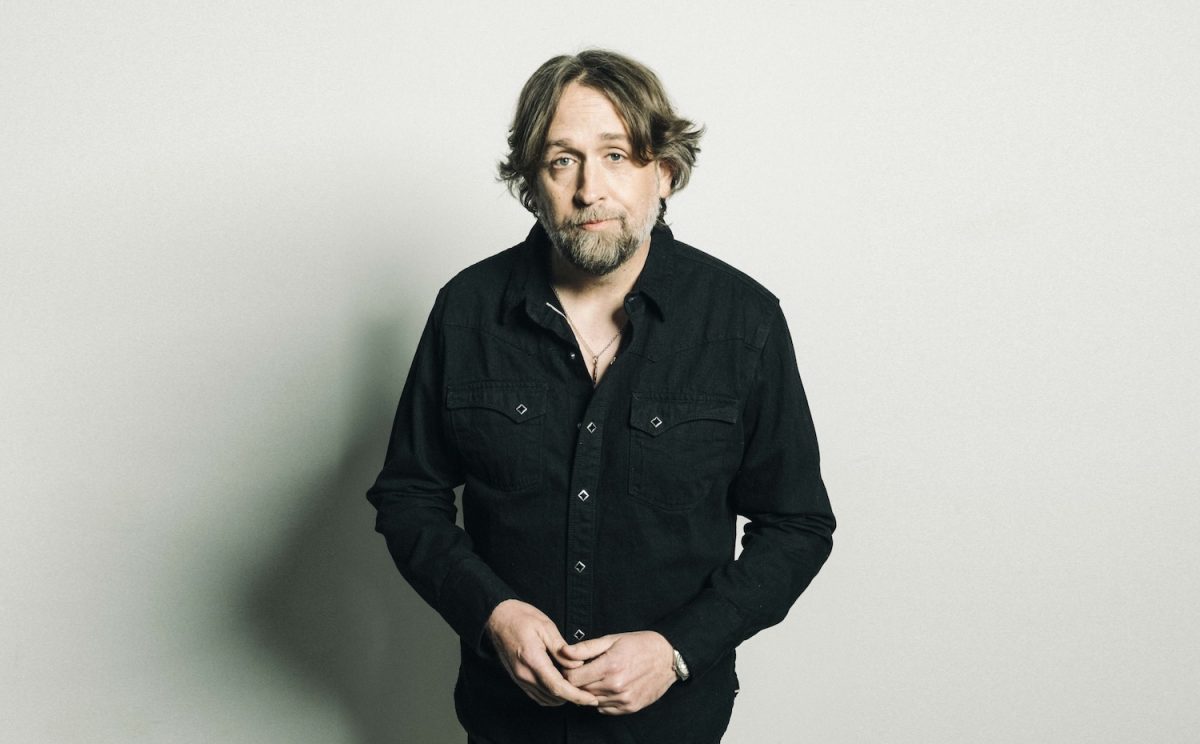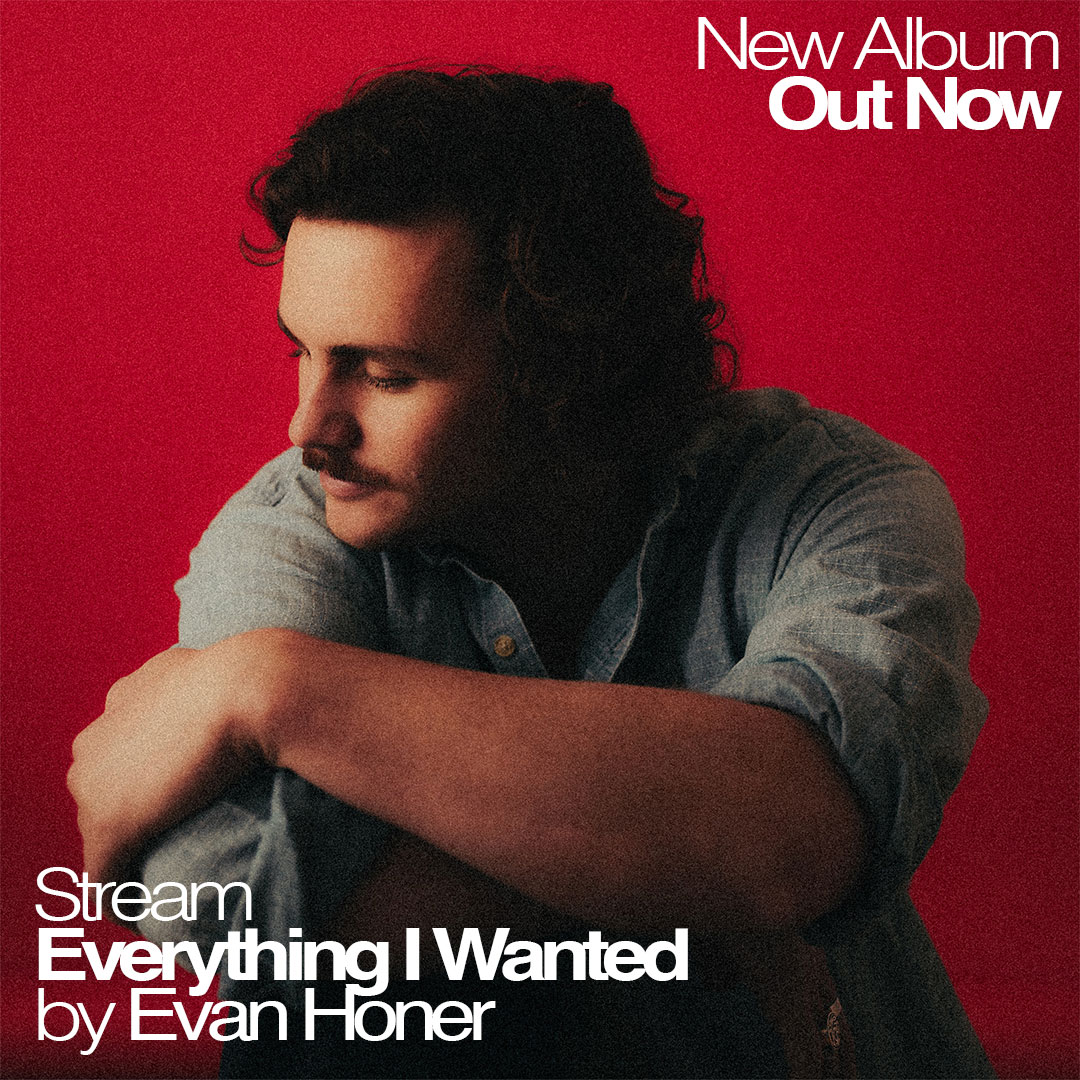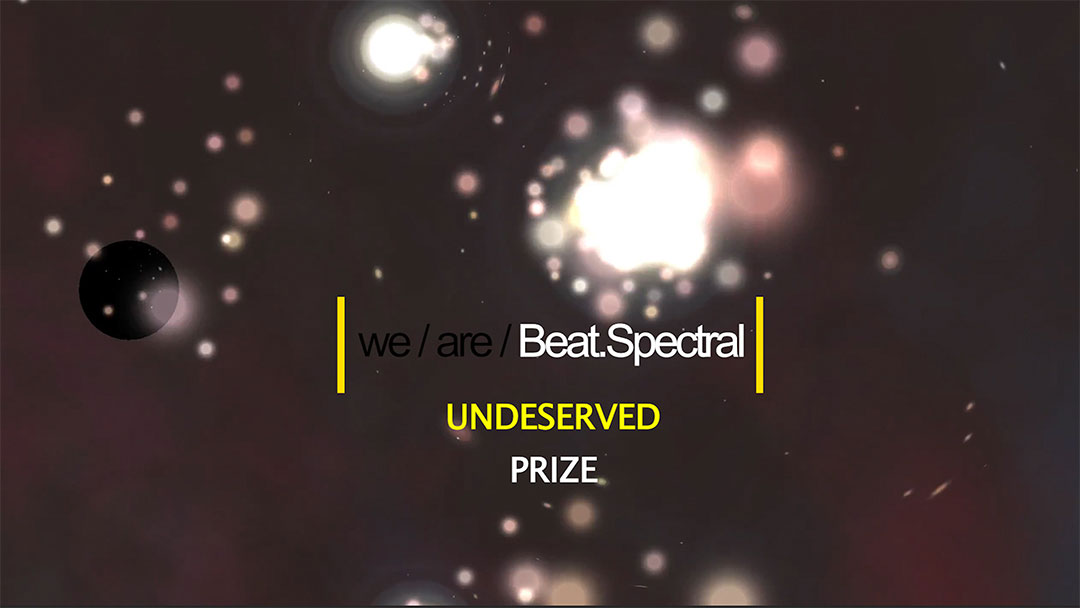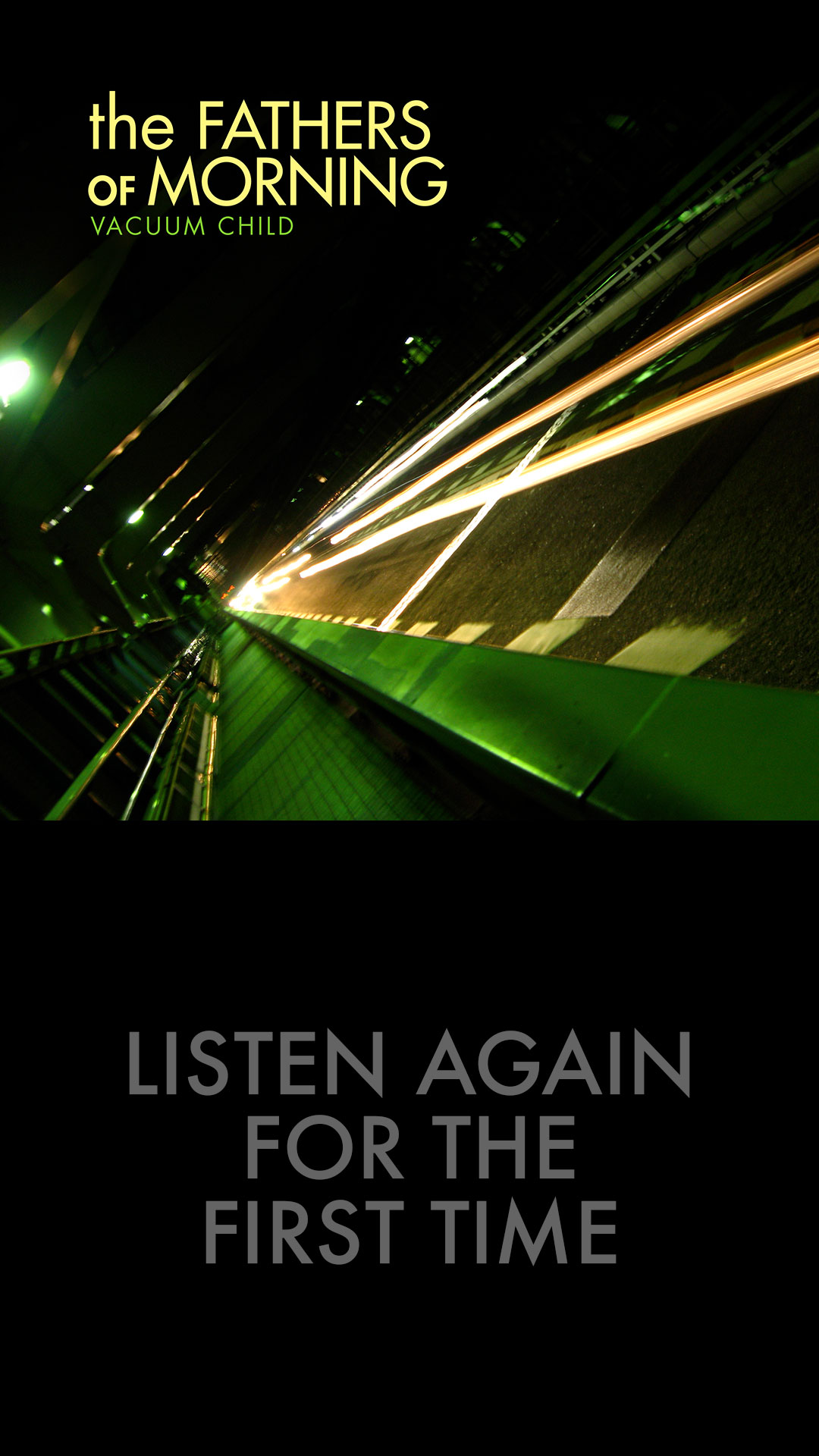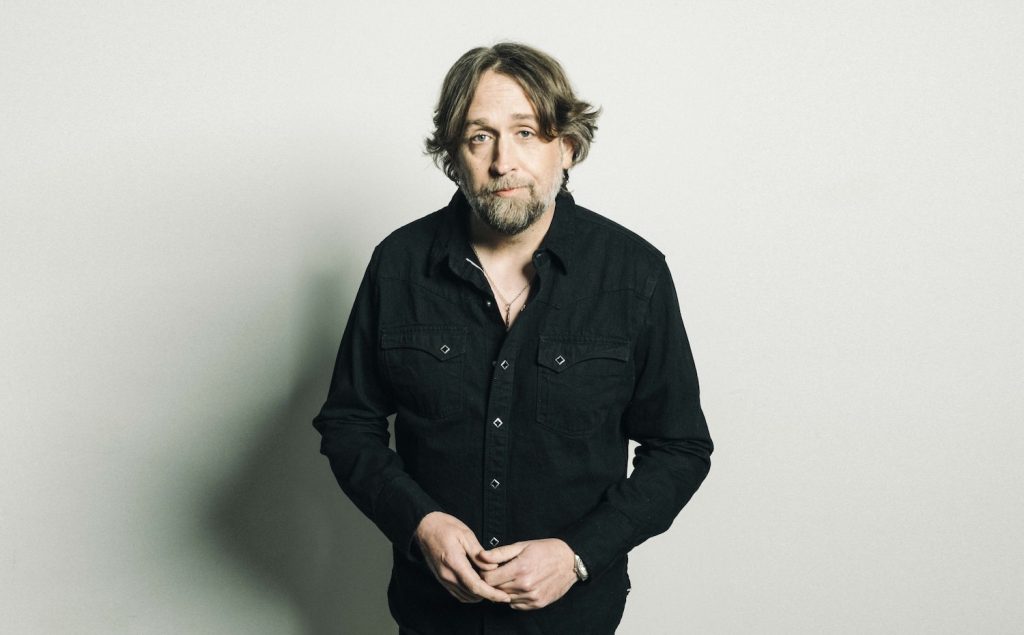
You’d have to think We’re Only Human (Hwy 87/Thirty Tigers) represents a crossroads for Hayes Carll. As the title implies, album number 10 is Carll’s most vulnerable and transparent to date—and that’s saying a lot for a storyteller with his track record for honesty. Immersed in the self-effacing Texas singer/songwriter tradition, his best work doesn’t bowl you over so much as reel you in one relatable detail at a time.
Carll has a history of being refreshingly matter of fact about his own strengths and weaknesses. That trend continues while speaking with MAGNET’s Hobart Rowland.
It’s been four years between albums for you after a period that saw you release three LPs in three years. How was the writing and recording process different for We’re Only Human?
I did a record with Band Of Heathens in between. That was a really fun project and an opportunity to get creative musically as part of a group, which was something I’d never done before. For that, the writing was looser and more about vibe and energy than it was about sorting through my life. With We’re Only Human, the lyrical side of things was the focus. I was working personally to figure out some things for myself and then express them creatively. My priority was to say what I needed to say lyrically. Then we worked on building a sonic world for those thoughts to live in.
What prompted the mostly introspective nature of the songs?
The sadness and frustration of being stuck. I’ve been running into the same walls for years. Fear, self-doubt, self-sabotage, disconnection—those have been my lifelong companions. I finally got sick enough of them to try and do some real work. The thought of being in the same place with the same struggles 20 years from now was unbearable to me. That personal exploration influenced my writing.
Was it easier or more difficult to write about yourself?
It was easier because I didn’t have to make it up—it’s right there at hand. Having parameters for songs helps me focus. It was harder because the work was so personal and important to me. I did a lot of it with the hope that these songs would be reminders or guideposts for me in the future. For that to work, I couldn’t bullshit or make up a fantasy world. I used craft and effort to say what I wanted to say.
You get the whole “guest artist” thing out of the way in one shot on “May I Never,” the album’s finale. Ray Wylie Hubbard, Shovels & Rope, Darrell Scott, Nicole Atkins, and Band Of Heathens’ Gordy Quist and Ed Jurdi each take a verse. How did that one come together?
I had the song written and recorded, but I kept hearing other voices lending their life experiences to the track. It started with the idea of getting Ray Wylie to sing with me. He’s been an important teacher for me in life and music. Then I just started reaching out to folks who had, in one way or another, been a part of my journey. It means a lot to me to have them on there with me.
You’ve been called a songwriter’s songwriter. What’s your take on that designation?
Well, it can be a way to make a commercially unsuccessful songwriter feel better about themselves—and that could apply to me. But when I use it for other people, it means someone who’s all in on the art and the craft of songwriting. Someone who has their own vision and follows through on it without too much worry about how the rest of the world receives it. That’s what I think of.
See Hayes Carll live.


